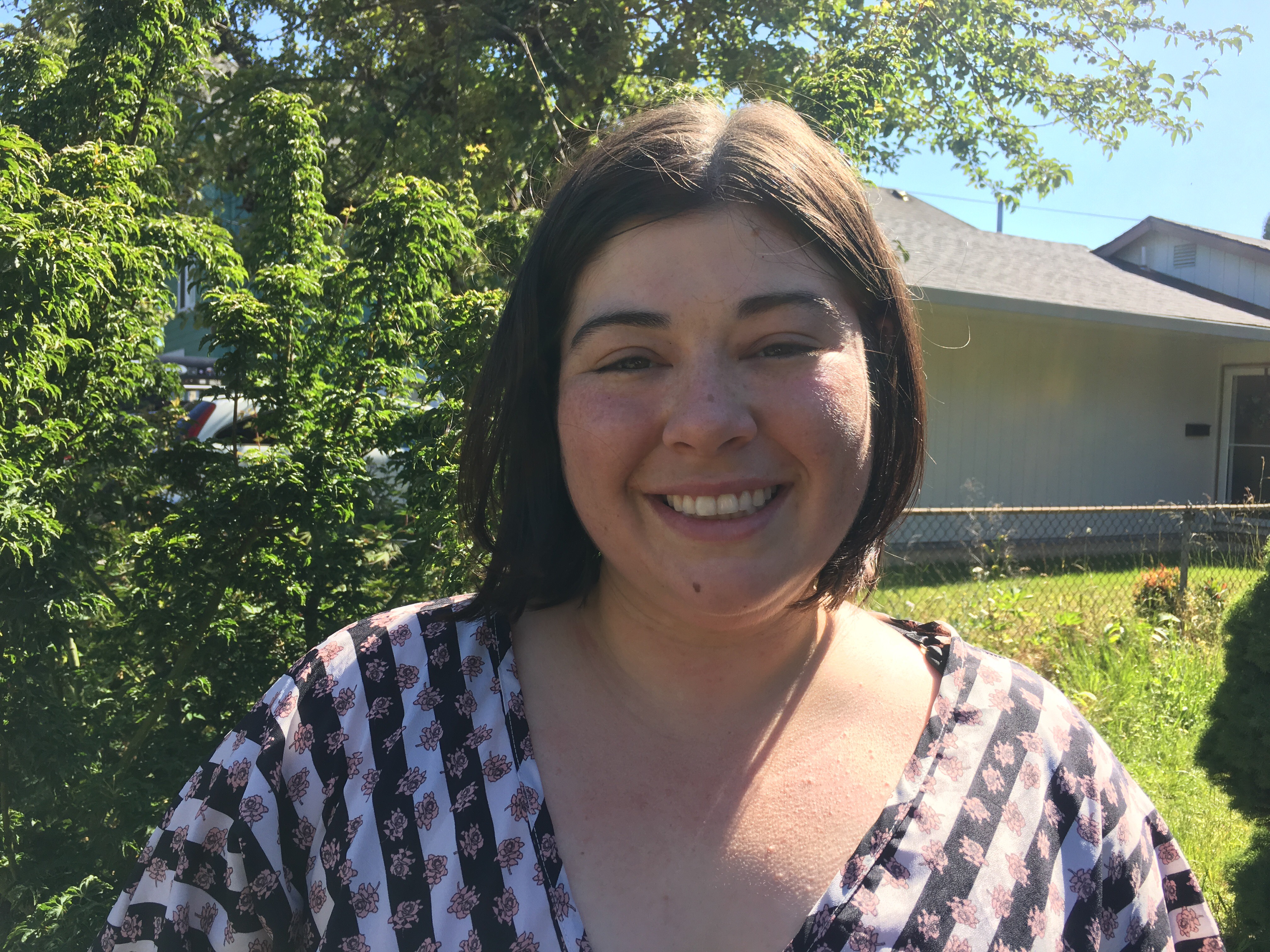
Last week, a Congressional committee approved a bill that would include $25 million to fully fund a new federal student loan repayment program for some behavioral health workers whose jobs involve treating substance use. The passage of the bill out of committee brings thousands of AFSCME behavioral health workers one step closer to relief from crushing student debt.
Establishing and funding this new loan repayment program, part of the SUPPORT for Patients and Communities Act, is a priority for AFSCME’s United We Heal campaign, which aims to empower behavioral health workers and their clients by ensuring a strong voice on the job.
An April hearing of the Appropriations Subcommittee on Labor, Health and Human Services featured the public testimony of an AFSCME member from Connecticut about the need to fully fund the program.
This program could mean up to $250,000 in student loan repayment assistance over six years, which would go a long way for workers like Joslyn Gheen, a member of AFSCME Council 75.
Gheen recently graduated from Winona State University and is currently working as a treatment assistant for women with severe substance use disorders at Central City Concern in Portland, Oregon. Recently, Gheen returned to the classroom, taking courses at Portland Community College to earn important additional professional credentials. Earning those credentials adds $45,000 to Gheen’s current student debt load. However, if the SUPPORT Act is fully funded, it would mean that Gheen and others like her won’t remain crushed by student debt.
“If this legislation gets fully funded, buying a house or thinking about retirement wouldn’t just be a fantasy,” said Gheen. “They’re things I could save up for.”
That is why Gheen and other United We Heal activists are not letting up on their efforts to fight for their profession. While the committee’s vote is a huge step forward, there is still a lot of work to be done to get it through the full House of Representatives, the U.S. Senate and then signed into law by the president.
Gheen’s biggest hope is for the financial freedom to continue her education so she can provide even greater care to her community. She is not alone in worrying whether her student debt will hold her back for years to come.
“My coworkers and I talk about it all the time,” said Gheen. “It’s like this thing that’s always in the back of your head and on the tip of your tongue: Should I change jobs? Maybe I should just go find another career? How long can I afford to help people and do this work I love?”
For Gheen, knowing that her AFSCME family is working on this issue has made a world of difference.
“It is pretty awesome to know that someone is looking out for me,” she said. “This is what being in the AFSCME family is all about and why the more of us in behavioral health unite our voices, the stronger we will be for ourselves and our careers.”